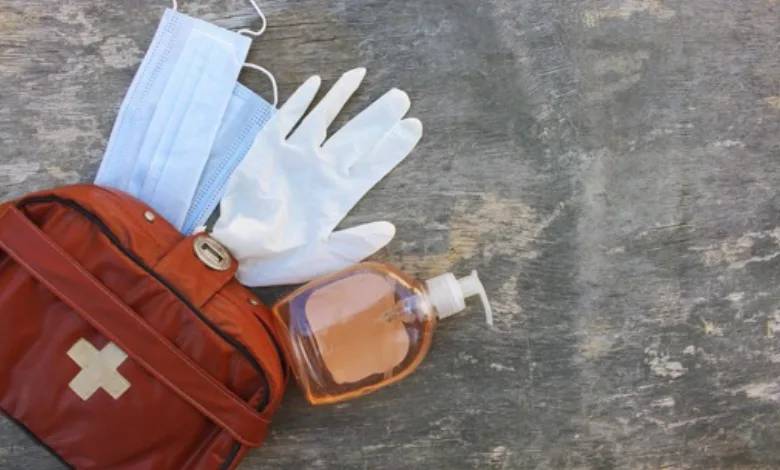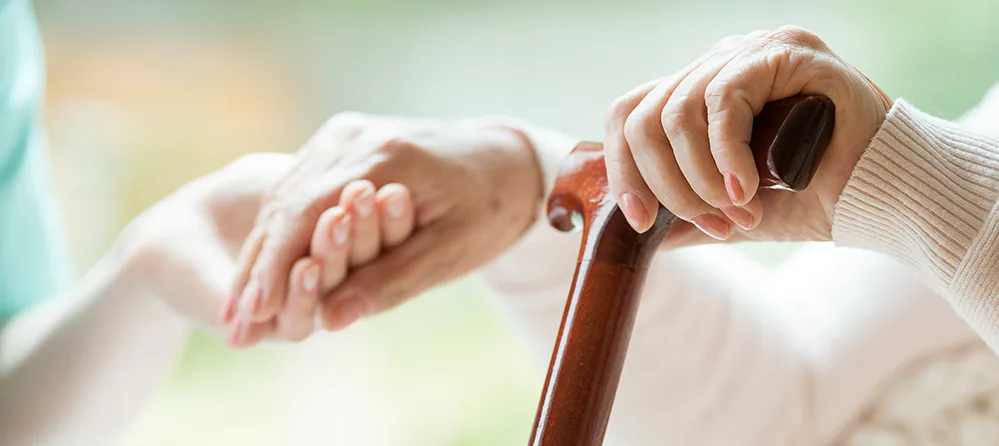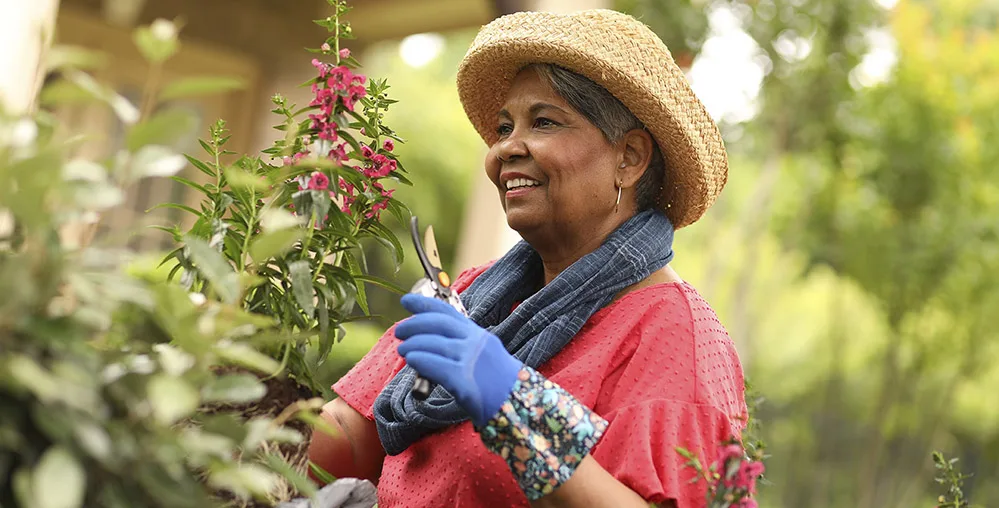10 Must-Have Items for Your Summer Emergency Kit

Emergencies can strike unexpectedly, and being prepared is essential, especially for seniors during the summer months when extreme heat and severe weather events can pose additional risks. Creating a comprehensive emergency kit tailored to the specific needs of seniors can provide peace of mind and ensure readiness in times of crisis. This article will explore ten must-have items for your summer emergency kit to help seniors stay safe and prepared.
Medications and Medical Supplies
Ensuring an ample supply of prescription medications and including over-the-counter medications for common ailments such as pain, allergies, and stomach upset is paramount. Additionally, first aid supplies such as bandages, antiseptic wipes, and pain relievers should be included to address minor injuries and medical emergencies. Remember to check expiration dates regularly and replace any expired medications or supplies. It’s also advisable to include a list of medications, dosages, and instructions for use for emergency medical care.
Hydration and Nutrition
Bottled water and hydration solutions prevent dehydration during emergencies, especially in hot weather. Non-perishable food items suitable for seniors’ dietary needs, such as canned fruits and vegetables, protein bars, and meal replacement shakes, should also be included to provide sustenance during extended power outages or evacuation situations. Don’t forget to include a manual can opener to access canned foods.

Communication and Documentation
A fully charged cell phone with emergency contacts programmed is essential for staying connected during emergencies. Copies of important documents such as ID, medical records, and insurance information should be kept in a waterproof container. Additionally, a battery-powered or hand-cranked radio can provide access to emergency alerts and information.
Familiarize yourself with local emergency protocols, including protocols for your retirement community, and store relevant contact information. It’s also wise to include a list of emergency contacts and important phone numbers for quick reference.
Personal Care and Comfort
Extra clothing, including lightweight and protective clothing, should be included to accommodate changing weather conditions. Blankets or sleeping bags can provide warmth and comfort during extended periods without power or shelter. Personal hygiene items such as toiletries, sanitation supplies, and medications for chronic conditions should also be included. Pack a spare set of eyeglasses or contact lenses if needed. Additionally, consider including comfort items such as books, puzzles, or a favorite blanket to help pass the time during emergencies.

Mobility Aids and Assistive Devices
Mobility aids such as a walking cane or mobility walker are vital for seniors with difficulty walking long distances during emergencies. Hearing aids or amplifiers can help seniors communicate effectively and stay informed about important updates. Eyeglasses or magnifying glasses should also be included to aid with vision assistance. Consider including spare batteries or chargers for assistive devices. Additionally, if using mobility aids like wheelchairs or scooters, ensure they are in good working condition and easily accessible in case of evacuation.
Safety and Security
Flashlights or headlamps with extra batteries are crucial for navigating dark or dimly lit areas during power outages. A whistle or signaling device can help seniors attract attention if they need assistance. A fire extinguisher and smoke detector are important for fire safety in the event of a blaze. Familiarize yourself with the location and operation of safety equipment. Consider including a basic toolkit with items like a multi-tool, duct tape, and rope for minor repairs or securing belongings.

Managing Extreme Heat
Sun protection items such as sunscreen, hats, and sunglasses are essential for seniors to protect themselves from harmful UV rays. Cooling supplies like handheld fans, refreshing cooling towels, or portable air conditioners can help seniors stay cool and comfortable during heatwaves. Stay informed about heat advisories and limit outdoor activities during peak sun hours. Consider creating a cool room or designated area in your home with fans or air conditioning to escape extreme heat.
Coping with Power Outages
Battery-powered or solar-powered chargers for electronic devices such as cell phones or medical devices are essential for maintaining communication and access to vital information during power outages. Non-electric alternatives for cooking, such as a camping stove or solar cooker, can ensure seniors have access to hot meals during emergencies—practice using alternative cooking methods before an emergency occurs. Consider including a power bank to charge electronic devices multiple times without access to electricity.

Special Considerations for Seniors
A medical alert device or pendant can provide seniors with immediate access to emergency assistance at the press of a button. An emergency contact list with family members, caregivers, and neighbors should be easily accessible. Instructions for managing chronic health conditions during emergencies, such as diabetes or hypertension, should also be included. Practice using the medical alert device and share emergency plans with trusted contacts. Consider including a list of allergies or medical conditions for first responders.
Review and Maintenance of Emergency Kit
Regularly reviewing and updating the contents of the emergency kit is crucial to ensure readiness. Storing the kit in an easily accessible location, such as near the exit of your home, can facilitate quick access during emergencies. Periodic drills and practice for using emergency supplies and equipment can help seniors feel confident and prepared in the event of a crisis. Consider enlisting the help of a family member or caregiver to review the emergency kit regularly. It’s also important to replace expired items and update contact information as needed to ensure the kit remains effective in times of need.
In Conclusion
In conclusion, having a well-equipped emergency kit is essential for seniors to stay safe and prepared during the summer. Including these ten must-have items in your summer emergency kit can ensure readiness and peace of mind in times of crisis during the heat of summer and throughout the year. Remember to regularly review and update your kit and practice emergency procedures to stay prepared.





